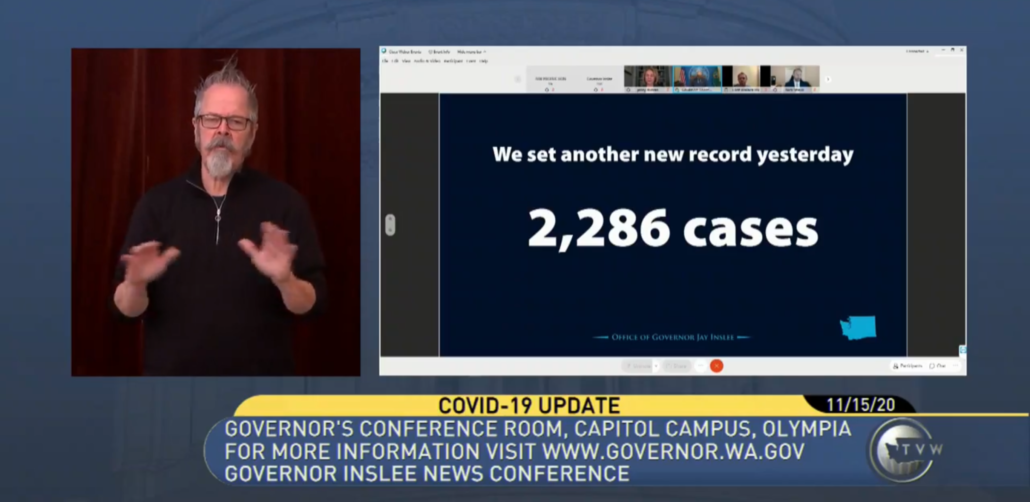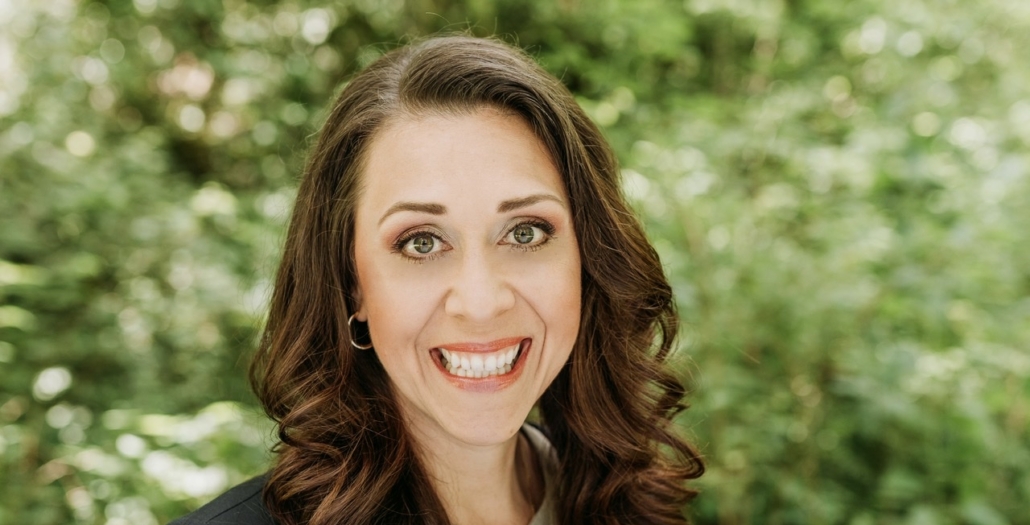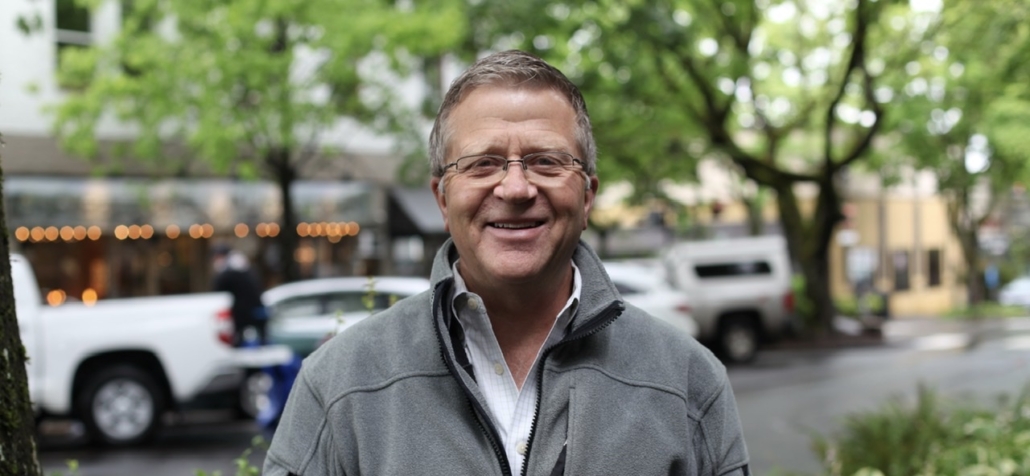Vancouver, WA — Multiple Clark County health leaders are urging local residents to mask up, physical distance, and follow COVID-19 guidelines to slow down the present virus “explosion” in Southwest Washington.
“The COVID-19 case numbers are exploding,” said Dr. Alan Melnick, Director of Clark County Public Health. “They are going up at an alarming rate.”
Eight weeks ago, the county averaged 28 cases per day, last week it averaged 120 cases per day, and Monday the health department reported Clark County added 310 new virus cases from the last three days. Melnick said this is the highest weekend number reported since the pandemic began.
The county reports that 42 percent of COVID-19 infections trace back to households, while small intimate gatherings make up 18 percent of the infection total.
At Monday’s press briefing, Melnick, along with Dr. Ray Lee, Medical Chief of Staff at PeaceHealth, and Dr. Hoa Ly, Medical Director at Legacy Salmon Creek Medical Center, said they are calling on citizens to take personal responsibility to stop the virus spread.
Lee said “the stakes of our personal decisions before us right now cannot be higher” while Ly said his hospital is postponing some elective procedures to ensure more beds are available for the expected uptick in virus-related hospitalizations.
The health department said 50 people are currently hospitalized for COVID-19, and 76 percent of licensed hospital beds are currently occupied, which is four percent below the state’s desired 80 percent target.
“We are fully capable of making sacrifices for a higher calling,” Ly said. “We are capable of making difference for ourselves and our loved ones. The virus can only do what we allow it to do. This is in our power to defeat this virus if we choose to work together.”

Clark County by the numbers — to-date:
Confirmed positive COVID-19 cases to-date: 6,470
Total negative tests to date: 89,681
Hospitalizations to-date: 432
Deaths to-date: 80
% of Deaths: 1.7%
Clark County Public Health’s Monday COVID-19 update:
- 6,470 cases to date
- 1 new death (80 to date) — a woman in her 80s with underlying conditions
- 482 active cases
- 50 COVID-19 patients hospitalized
- 6 persons under investigation (PUIs) for COVID-19 hospitalized

A reminder about active cases: This reflects the number of confirmed cases who are currently in their isolation period. For most people, isolation is based on when symptoms began, not when they received the positive test result. Some individuals learn they are COVID-19 positive and only have a few days of isolation remaining.












